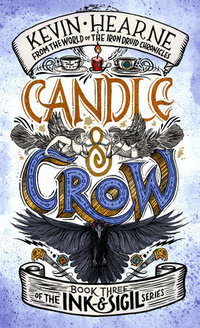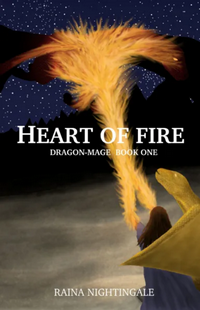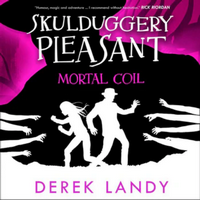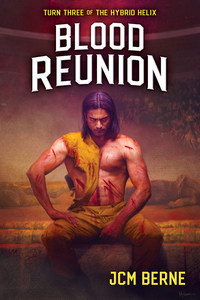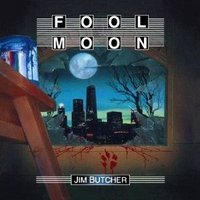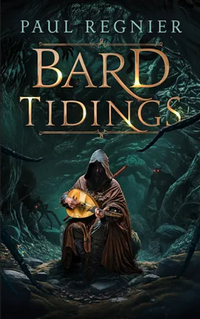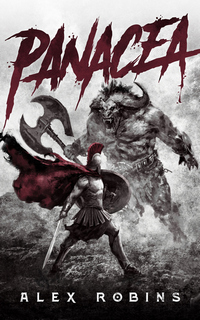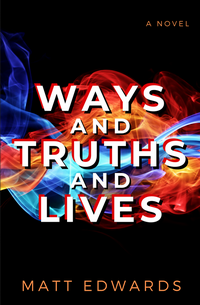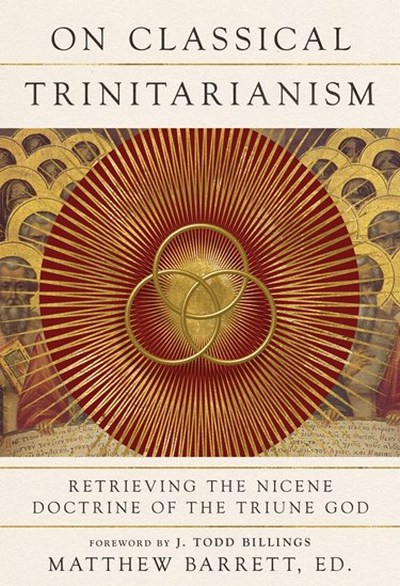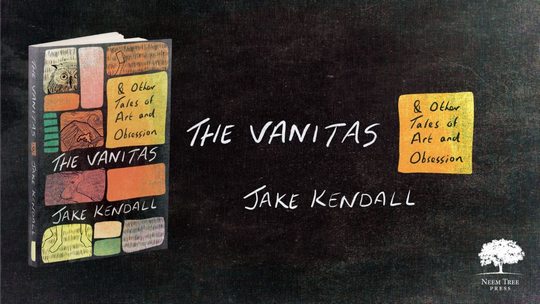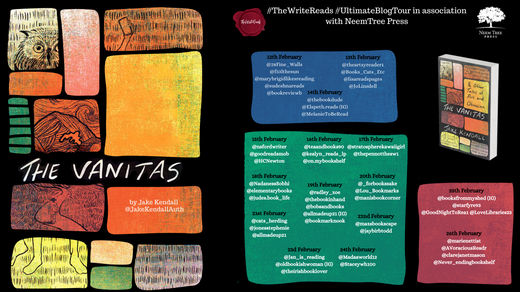by Kevin Hearne
DETAILS:
Series: Ink & Sigil, #3
Publisher: Del Rey Books
Publication Date: October 1, 2024
Format: eARC
Length: 352
Read Date: September 13-18, 2024


What’s Candle & Crow About?
What isn’t this about? Al has to address a potential treaty violation of a group against some British citizens, which leads to some treaty re-negotiations; Gladys wraps up business she started in the last book, prepares to leave her job, and sees some shite; the Morrigan tries to settle among humans in her new body; Al, Buck, and Nadia are targeted by the police; Al has to help out his American counterpart with a tricky problem; Al gets a line on who cursed him; and…a few other things that I can’t figure out how to describe in a phrase or two.
Seriously, this book is busy. But somehow, it doesn’t feel crammed or over-stuffed; everything gets as much time as it needs to be addressed; everything makes sense; you don’t lose track of any plotlines; characters get to grow and develop (and be introduced!). And the last couple of chapters are so satisfying that I don’t care that I can’t finish this sentence properly.
A Trio of Druids
Fittingly for what Hearne has stated will be the last book in the universe of the Iron Druid Chronicles (I’m waiting for him to change his mind. Maybe a foolish hope, but it’s one nonetheless), we get to see all three of the Druids from that series for a little while—and none of them togther.
Working with his students has been good for Owen, Atticus—I mean, Connor—is in a good place (in several senses of that word), and Granuaile is…well, still Granuaile. I think I’ve mentioned she was getting on my nerves toward the end of IDC, and she’s still there. But she’s still essentially the same character—so if you weren’t annoyed by her, you’ll enjoy her appearance (I did, even with my attitude).
We got just enough time with them all to get a sense of where they are, what the future holds for them, and to see that they’re doing well—the events of Scourged are far enough past that they’ve settled into the next stage of their lives. It’s a good way to say goodbye to this world.
Deities
Since at least book 3 of the IDC we’ve had a good understanding of how gods, goddesses, and lesser deities function, live, and have power both now and throughout the ages. Hearne’s had Atticus and Al explain it a time or two since then, so faitful readers will get it.
But in these pages, we are given two examples (or three, depending on how you want to count something) of how this functions toward entities that aren’t part of the major pantheons (or minor ones, either—how would you describe Perun’s?). They are two divergent types of entities and the application of what we know about deities in this world is quite different (while linked).
I think it’s clear that I’m struggling to describe this without giving something away (if you haven’t noticed, let me assure you that I am). However, for fans of this world and fans of just good worldbuilding—Hearne does a great job with this stuff, if I didn’t know better*, I’d say that he started building toward this novel in Hammered.
* Okay, I don’t know better, he might have had this as part of his Master Plan all along. But I’m willing to bet he didn’t.
Al and the English
Al has to deal with a representative of the British government a few times over the course of this book as a part of his sigil agent duties. I honestly don’t know if I’ve been so purely entertained by Hearne (outside of an Oberon-heavy moment) as I was in reading Al’s narration during these parts.
He really doesn’t like this guy—and it’s tough to say that Al gives him a real chance before deciding to write him off—but the reader can understand why. I think that Al gets close to mean in his attitude and actions toward this man, but I don’t think he crosses the line. Then again, I was chuckling and highlighting so much in these interactions, I might have missed it.
So, what did I think about Candle & Crow?
I have said many good and complimentary things about the books in this series—and I stand by them—but this is what all of the Ink & Sigil books should’ve been like, at least at their core. We’ve seen a little of the Sigil Agent life, but there’s been a lot of other things going on, and not that much of it has to do with the administration and enforcement of contracts. It was just so cool to focus on that as much as we got to here. Yes, the big action stuff, taking on whacky monsters and nasty people experimenting on supernatural creatures and whatnot is pretty cool, too. But we get that kind of thing in all sorts of UF—we don’t get to see a lot of supernatural people wrangling with human governments over the wording of a hundred year old document* and the deadly ramifications of that wrangling not going well. It’s a shame that Hearne embraced this aspect of Al’s life so completely here at the end.
* Well, we get glimpses of that in The Rivers of London series, don’t we? But it feels very different.
I enjoyed every bit of this book—and am not sure how to talk about it without just blathering on and on about how good everything was. The action—and despite what I may have suggested earlier, there was plenty of it—was gripping and moved well. The emotional arcs of the characters were done with Hearne’s typical deftness (and maybe more than typical deftness). The humor was Hearne at his best. The magic at work was perfect, and…yeah. I just have nothing but compliments upon compliments here.
If you have any kind of emotional investment in Buck, Nadia, or Al going into this book, you will love the ending. It was a real treat, the last chapters just made me feel all warm inside.
I was so enthusiastic about this book that i think i might have convinced a friend to pick up the first IDC book just so he can catch up and appreciate all of this book—and another friend who’d read Hounded through Scourged to pick up this trilogy. And I’m more than ready to do that to anyone else reading this post.
I don’t know what Hearne’s next project will be, but I’m ready for it. In the meantime, I’m just going to bask in how wonderfully satisfying that Candle & Crow was.
Disclaimer: I received a copy of this book from Random House Publishing Group – Ballantine | Del Reyvia NetGalley—thanks to both for this.

This post contains an affiliate link. If you purchase from it, I will get a small commission at no additional cost to you. As always, the opinions expressed are my own.

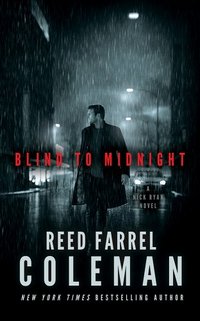





![]()





